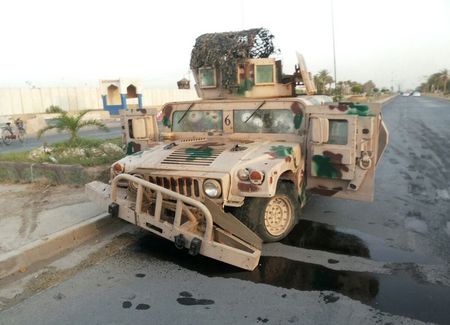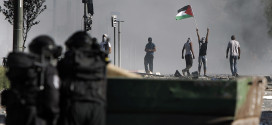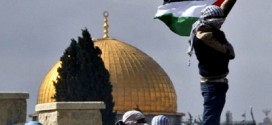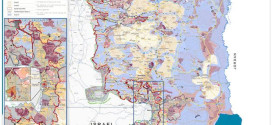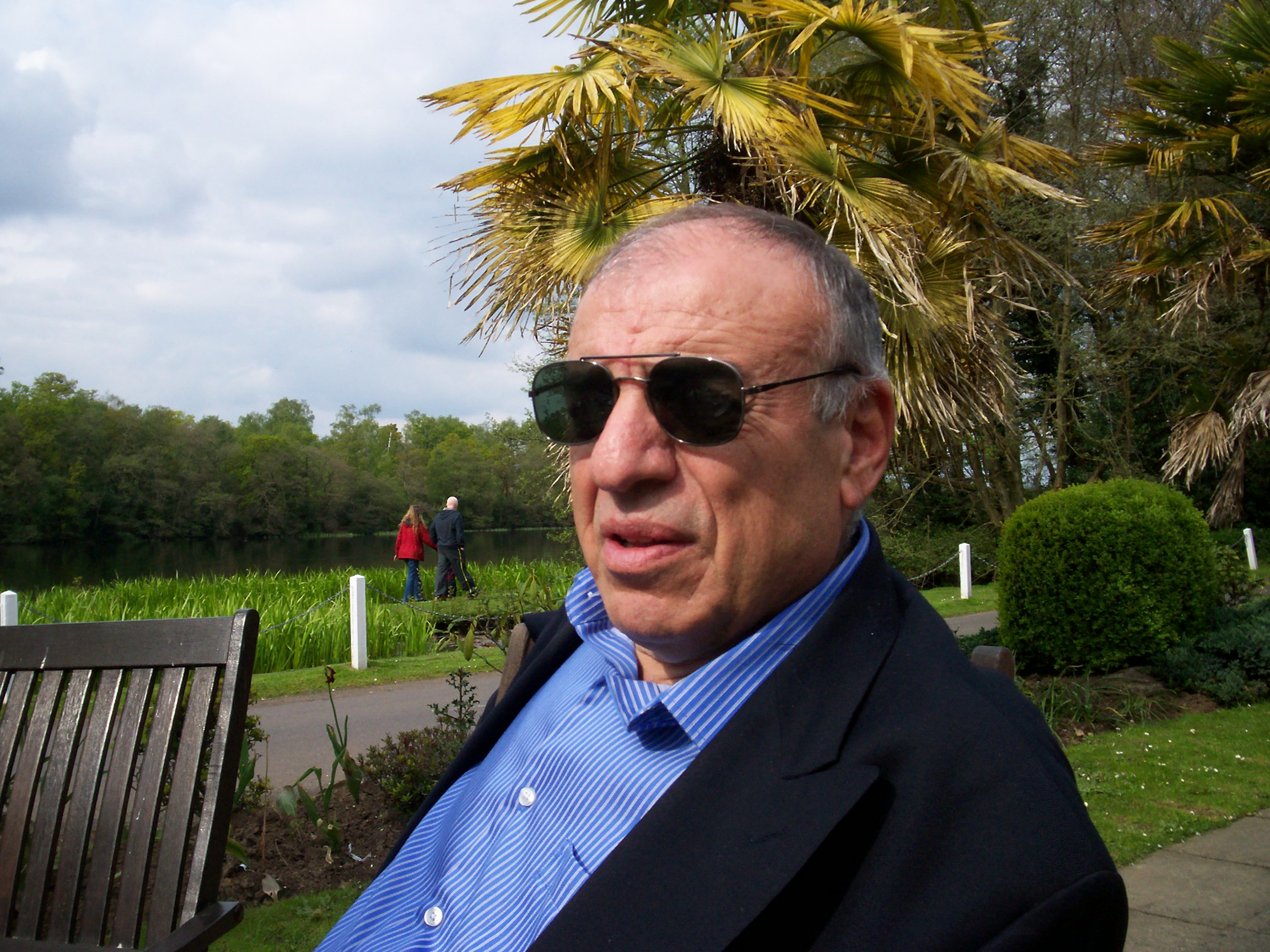How it happened and why?
The sudden collapse of military units defending Mosul, Iraq’s second largest city, the late Saddam Hussein’s hometown of Tikrit and the oil-rich northern city of Kirkuk is reminiscent of the swift disintegration of Saddam’s army at the gates of Baghdad in 2003.
Iraqi Prime Minister Nouri al-Maliki’s sectarian policies backfired dramatically last week when his army quickly fell apart when confronted with jihadist fighters from the Islamic State of Iraq and Syria (ISIS).
Writing in the Washington Post 12th June, David Ignatius told readers how “Maliki’s U.S.-trained army has suffered a series of crushing defeats, as Sunni insurgents from an offshoot of al-Qaeda captured the northern Sunni cities of Mosul and Tikrit and swept toward Baghdad. Already the Sunni extremists control most of western Iraq”.
The whole world witnessed how Iraqi military has melted away before the battle, fleeing the battlefield and leaving behind tanks, vehicles and equipment.
The London Daily Telegraph reported 13th June that a group of military deserters have painted a devastating picture of the ability of the Iraqi army to stand and fight.
“Speaking from the Kurdish city of Erbil, the defectors accused their officers of cowardice and betrayal, saying generals in Mosul “handed over” the city over to Sunni insurgents, with whom they shared sectarian and historical ties.”
With Sunni insurgents now threatening the capital Baghdad the eye-witness accounts from the deserters’ reveal how sectarian enmity have, in the space of mere weeks, destroyed the Iraqi national army, which the US government spent billions of dollars to build.
Corporal Muammer Naser, 35, said that “his superiors had sympathised with remnants of the regime of Saddam Hussein, and that the generals essentially passed control of the city to them. Organised militias of Saddam sympathisers are said to have participated in the takeover of Mosul and Saddam’s birthplace Tikrit, this week”.
Cpl Naser said: “The war now is definitely sectarian. In Mosul, the Sunni soldiers didn’t want to fight against the Sunni insurgents.”
Maliki’s disastrous sectarian policies have led to this disaster. He had purged the commanders he suspected of disloyalty and replaced them with men not because of their military experience but because of their sectarian affiliations and loyalty to Iran.
Maliki’s army is of a different class than that of Saddam’s, enjoying modern and sophisticated weaponry, from U.S-made Apache helicopter gunships and F-16 fighter jets to Abrams tanks and Humvees. U.S. occupation authorities alone spent an estimated $16 billion to build the Iraqi army, which they had envisioned would form the backbone of a modern Iraq. Some estimates put the cost at 25 billion US dollars including years of training, arming, and equipping the Iraqi army. Despite the heavy investment, Maliki’s military has failed to withstand a ragtag of armed jihadists who have seized in very short space of time city after city across Iraq. The Washington Post on June 14th cited the fall of South Vietnam as a classic example. In March 1975, South Vietnamese intelligence failed to identify a major North Vietnamese offensive against the area called Ban Me Thout.
Latest reports indicate that the Islamic State of Iraq and Syria (ISIS), a Sunni militant group controlling territory spanning the border between the two country’s northern regions, is making rapid advances towards Baghdad. Meanwhile Kirkuk which is the oil capital of Iraq has been secured by military units from Iraqi Kurdistan.
The collapse of the Iraqi army last week has been swift and shocking. The fall of Mosul Iraq second biggest city in Iraq was catastrophic. No one expected that the Iraqi army would disintegrate so fast after the ISIS launched its offensive. Iraqis speaking on Arab Satellite TV Channels blamed the Prime Minister Nouri al Maliki’s sectarian policies and the corruption of the military institutions. The alienation of the Sunni element of Iraqi society which is a third of the Iraqi population has helped anti-government insurgents and made the collection of human intelligence in the Sunni areas extremely difficult. In a nutshell; poor intelligence, politicization, corruption, low morale all these have weakened the Iraqi army. Everyone is blaming Nouri al Maliki for the debacle.
Fear is one other factor behind the stunning collapse of Iraqi security forces. A 61-minute video was recently posted online by ISIS showing beheadings to terrorize Sunnis in Iraq’s army and police forces and deepen their already low morale. It must have worked.
Desertion has been heavy the past six months among forces in the western province of Anbar, Iraq’s Sunni heartland.
Iraqi watchers believe that even after the US spent billions of American dollars during the occupation of Iraq 2003-2011, the Iraqi army remains divided on sectarian lines. Corruption is rife and professionalism is lacking.
An Iraqi Sunni politician said recently that “Sunnis in the army are not happy fighting to protect Nouri al Maliki or his Shiite government.
This kind of talk has been seized upon by ISIS which sensed an opportunity to promote itself as the champion of Sunnis against the Shiites led government of Nouri al Maliki.
Robert Ford, former U.S. ambassador to Syria, explained on 12th June how ISIS has been able to conduct its offensive.The group is well organized and has cells of fighters in a variety of cities and provinces, from Mosul to Salah al-Din to Diyala to Anbar. It even has a presence in Baghdad, where we have seen its car bombing campaign. Ford stressed “that Sunnis are much less inclined to fight, leaving a space for ISIS to again gain ground”.
Evidently the largely sectarian army has never had a good reputation among the Iraqi public. Sunnis are not keen on fighting on behalf of al Maliki. Some years ago Sunni fighters from the tribal “Sahwa” or Arab “Awakening” confronted al Qaeda and fought against Sunni terrorist groups. Now they are not prepared to help the Iraqi government which alienated them.
As the militants approached, two Iraqi officials said, many of the top army commanders in Mosul, Iraq’s second-largest city, fled to the autonomous Kurdish region. Many in the Iraqi felt betrayed by their commanders who fled to Kurdish controlled areas. Why should the rank and file fight? With their generals gone, the ranks saw no reason to stay.
Iraqi ambassador to the United Nations Hamid al-Bayati, was quoted as saying: “They haven’t been trained and imbued with a sense of professionalism.”
Another source of low morale among the ranks is widespread corruption in military contracts that end up with troops receiving poor supplies and food.
Al Arabiya News reported that Maliki blamed a “conspiracy” for the collapse of army units, which are dominated by his Shiite co-religionists.
However independent observers said the Iraqi leader himself bore responsibility for the failure, citing the sectarian makeup of the military which suffers from a lack of discipline and solid military doctrine.
A baffled Maliki said in a televised address on Wednesday 11th June”:
“The existing forces of al-Qaeda and ISIS are not enough to face the army and police forces but what has happened? How did this happen? How did some military units collapse?”
An Iraqi political analyst told Al Arabiya News that the military failure was the result of “the lopsided political process since Maliki took office in 2006.”
“The military institution is deeply corrupt and is built on sectarian lines. “Military commanders are given their jobs not on the basis of competency or experience but rather on their sectarian affiliation,” he added.
Arab commentators were saying to the press that Saddam Hussein and Osama Bin Laden must be laughing in their graves at Nuri Al-Maliki, Iraq’s current prime minister, who is well known for his arrogance and his insolence. Maliki persisted in settling his political accounts under the excuse of fighting terrorism—but he didn’t really fight terrorist groups. He adopted this style during most of his term in governance, describing those who disagreed with him as terrorists and forcing them to either flee the country or submit to him.
As things stand the battle lines are being drawn. The Shi’ites are mobilising to defend Baghdad and their holy places of Najaf and Karbala. Meanwhile Iran sent 2,000 advance troops to Iraq to help fight ISIS a senior Iraqi official told The Guardian on Saturday 14th June.
News reports say the Obama administration has put all options on the table, but ruled out boots on the ground and is considering other options such as drone attacks and air-strikes. President Obama is clearly unhappy about getting involved with direct military action. The difficulty for Obama was summed up neatly in a Sunday Times report 15th June 2014 “Where are you going to get the intelligence from to drop the weapons? Who are you dropping them on? What are the security forces supposed to do after that?”
Meanwhile Iran is offering assistance to fight what it calls Sunni terrorism. The US could begin direct talks with Iran to try to resolve the Iraq crisis.
I agree with the opinion that the Iraqi government should be supported in defeating the ISIS insurgency, while insisting that the Iraq’s politics will have to change.
 العربي الديمقراطي The Latest From The Arab World
العربي الديمقراطي The Latest From The Arab World


